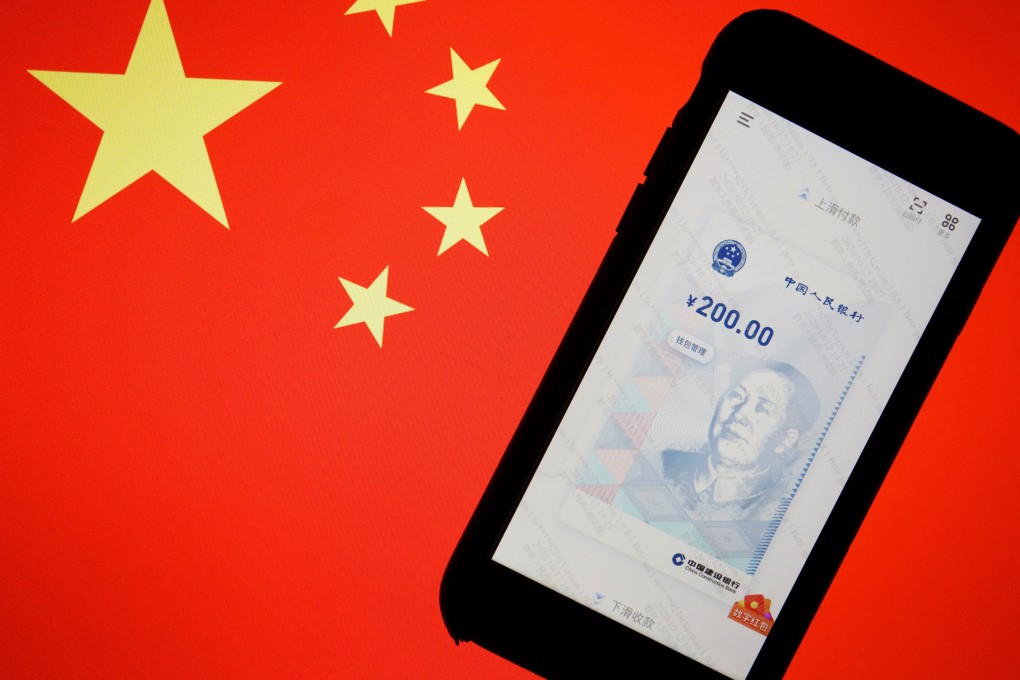China’s digital yuan aims to halt US ‘dollarisation’, boost retail payments, ex-central bank governor says
- Former central bank governor Zhou Xiaochuan says China’s digital currency aims to push back against US dollar hegemony and boost retail payments
- Unlike G7 central banks, China is less concerned with the challenges raised by Libra, bitcoin and other cryptocurrencies, Zhou says

China’s sovereign digital currency is designed primarily to grow retail payments at home and prevent the dominance of the US dollar, rather than address threats raised by cryptocurrencies or stablecoins, a former central bank governor says.
“What they are concerned about is mainly to deal with the challenges raised by Libra, bitcoin and similar digital encrypted currencies,” Zhou said during a video conference on Tuesday at the Eurasia Forum, an event hosted by the Hungarian central bank.
In a report released in October, the G7 said stablecoins – digital currencies like Facebook’s Libra that are linked to a pool of assets – need to be appropriately supervised to prevent threats to global financial stability and ensure they were not used to fund illicit activities or tax avoidance.
Zhou said China believed digital currencies must “respect exchange regimes and currency sovereignty”. But he added a major factor in Beijing’s digital currency plan was to avoid “dollarisation”, where the US dollar is used in parallel or instead of the local currency.